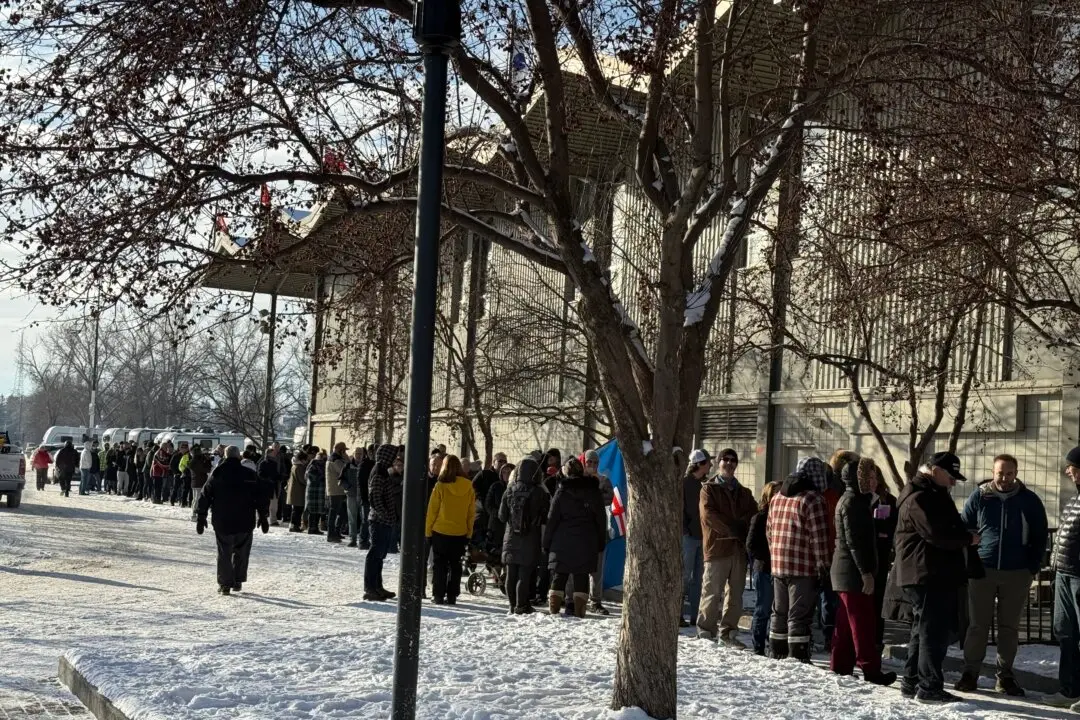Commentary
Policy Horizons Canada is a Privy Council think tank studying socioeconomic trends that offers reports and predictions to the highest level of government. The organization’s most recent report paints a shocking picture of a dystopian future facing Canada in 15 years. The authors predict productive people will have fled the country, leaving secured gated communities for a small, privileged class while an underclass majority is locked into a cycle of despair and reverting to hunting and gathering to feed themselves.





